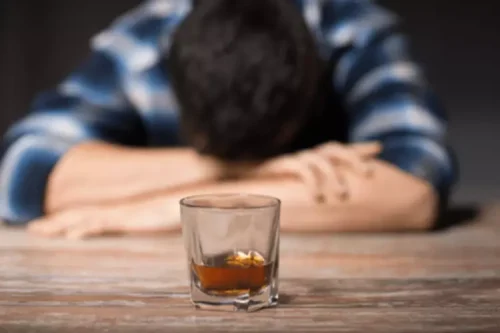
Alcohol can trigger diuresis (increased urine output), leading to dehydration and other bodily imbalances, all of which can contribute to hangover symptoms. The rule of thumb is limiting consumption to one alcoholic beverage an hour, with one glass of water also consumed for every finished alcoholic drink. However, even this may not help you avoid a harsh bout of dehydration. Thanks to alcohol’s ability to trip up your pituitary gland, you could lose more water through excessive urination than you would normally.
- Chronic dehydration due to alcohol consumption can lead to kidney damage and increase the risk of kidney stones and urinary tract infections.
- Dehydration caused by alcohol can also have long-term effects on the body.
Eat hydrating foods
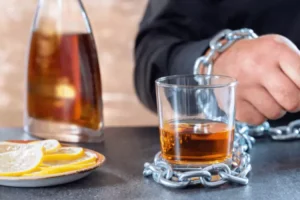
A vodka with soda is likely more hydrating than just a shot of vodka because you’re consuming more fluids from the soda. For reference, a standard drink—12 ounces of beer, 5 ounces of wine, 1.5 ounces of liquor—has 14 grams of alcohol, according to the National Institute on Alcohol Abuse and Alcoholism 3. Studies reveal that adult men and women should drink no more than four standard drinks on any one occasion. If you drink six to 10 standard drinks, this could lead to 600–1,000 mL of lost fluids, causing dehydration. Furthermore, alcohol consumption can also lead to a reduction in the production of collagen, a protein that is essential for maintaining the elasticity and firmness of the skin. Dehydration can lead to feelings of fatigue and weakness, which can impair physical and mental performance, impacting everyday activities such does red wine dehydrate you as work and exercise.
What to Do If You Are Dehydrated
This outcome makes sense and aligns with our common beliefs about alcohol’s effect on the body. But the type of alcohol you choose affects how dehydrated you become. “The darker the beverage or higher the alcohol by volume (ABV) concentration, the more dehydrating it can be,” says New York City-based addiction specialist Aaron Sternlicht, LMHC, CASAC.
Should You Drink Water When You’re Drunk?
- LivPur Hydration provides you with sodium, potassium, magnesium, and zinc to help rehydrate you quicker to feel better.
- Dehydration can cause mild symptoms like headache, dry mouth, dizziness, and fatigue, or severe issues like damage to the brain, heart, kidneys, and even death (1).
- If you experience symptoms every time you consume alcohol or even when consuming small amounts, talk to your provider.
Alcohol enters the bloodstream through the blood vessels present in the cellular lining of the small intestine and stomach. If the stomach is empty, alcohol goes directly into the blood instead of being absorbed through the small intestine and stomach. Therefore, drinking on an empty stomach can contribute to dehydration. “It’s important to replenish fluids after drinking, or better yet, while drinking,” Sternlicht says.
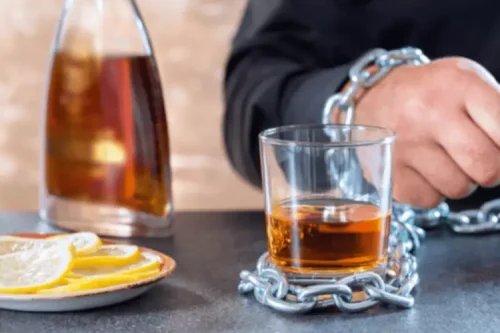
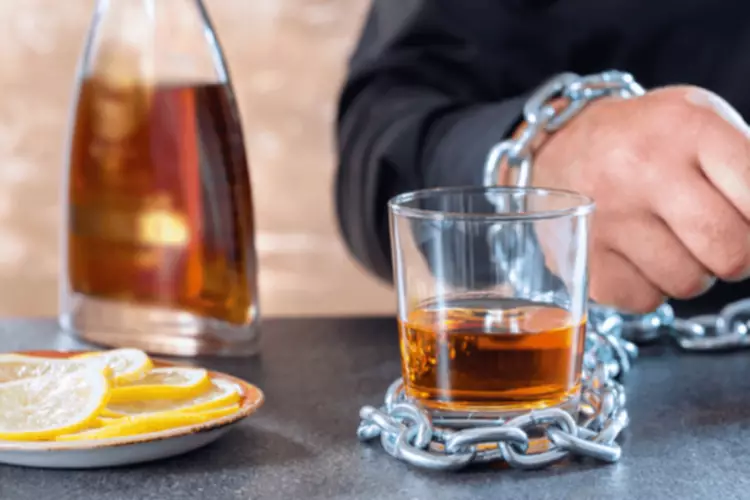
This disruption of the normal digestion process can sometimes lead to the fast movement of food and fluids through the intestines, resulting in diarrhea. Drinkaware also reports that almost 1 in 7 adults do not drink. DeSantis explains what alcohol does to your gut, how to feel better and ways to prevent alcohol-related diarrhea. Infants under 6 months of age alcoholism symptoms should get all their fluids from breast milk or infant formula.

But when alcohol is present, the hormone becomes suppressed, which is why some people may find they have the urge to urinate more after alcohol. Alcohol can increase urine production, which can lead to dehydration. When the body is dehydrated, it tries to conserve water by producing less urine. However, alcohol can interfere with this process and cause the body to produce more urine than it needs to (breaking the seal). This can lead to dehydration and further electrolyte imbalances. Eating food before or during drinking can help slow down the absorption of alcohol into the bloodstream, which can reduce its dehydrating effects.
- When ADH levels are suppressed, the kidneys excrete more water, leading to increased urine production and subsequent dehydration (DripDrop).
- Being dehydrated can lead to some serious consequences, which we’ll investigate further.
- If you drink alcohol on a hot day, your body won’t be able to adjust and control your internal temperature effectively, which increases the risk of heat stroke.
- It’s not safe to consume any alcohol and drive, but at this level, driving a vehicle is considered unsafe and illegal, and driving while intoxicated could lead to fines and jail time.
Drinks with higher alcohol content, including vodka, whiskey, and rum, can have a stronger dehydrating effect than beverages with lower alcohol content, such as beer or wine. While it can be tempting to consume alcohol on a hot summer day, the combination of high temperatures and alcohol can cause considerable fluid loss and dehydration. Research published in Circulation found that potassium mitigates the adverse effects of alcohol on cardiovascular function and reduces the risk of high blood pressure. Consuming a meal containing plenty of healthy fats before drinking buffers alcohol absorption and allows more time to process and detoxify alcohol, which helps prevent dehydration. While drinking plenty of water is crucial to compensate for the fluid loss caused by alcohol, water alone will not hydrate you.
Factors that Increase Alcohol-Related Dehydration
- Alcohol’s diuretic effect stems from its ability to inhibit the secretion of vasopressin, also known as antidiuretic hormone (ADH).
- But have you ever wondered why you feel so thirsty after a night of drinking?
- When this hormone is suppressed, your kidneys remove extra fluids by increasing urination.
- This can lead to dehydration and further electrolyte imbalances.
- Added sugar creates extra acid, which makes it harder for your body to store water.
- Binge drinking is when a person consumes an excessive amount of alcohol within a short period of time.
6 In other words, subjects peed less relative to their fluid intake two hours after consuming these drinks compared to water. Dehydration can affect every area of your body, so it’s only natural to wonder how widespread the effects of alcohol-induced dehydration can spread. Alcohol is a diuretic, meaning that your urine output increases. For every standard drink you consume (10 mL of alcohol), you https://ecosoberhouse.com/ are likely to urinate 100 mL more than you drink. Individuals who experience dizziness or lightheadedness should avoid driving or operating heavy machinery, as these symptoms can impair judgement and reaction time. It is also important to avoid standing up too quickly, as this can cause a sudden drop in blood pressure and further exacerbate feelings of dizziness.
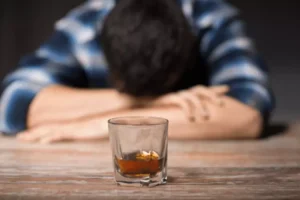
With less anti-diuretic hormone available, your body loses more fluid than normal through increased urination. Indulging in alcohol doesn’t mean you’re fated to alcohol dehydration symptoms the next morning such as dry mouth, throbbing headache, fatigue, brain fog, and nausea. It is important to note that the impact of alcohol-related dehydration on kidney function is not limited to chronic heavy drinking. Even moderate alcohol consumption can cause dehydration, which can have a negative impact on kidney function over time.

